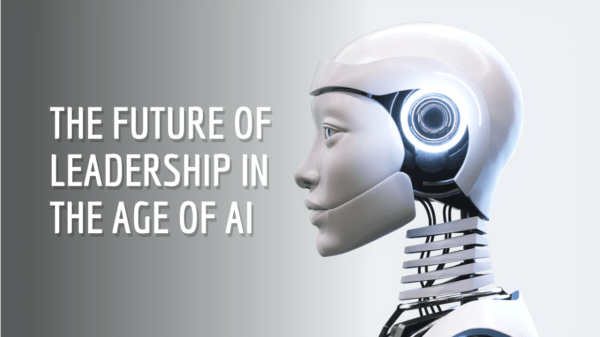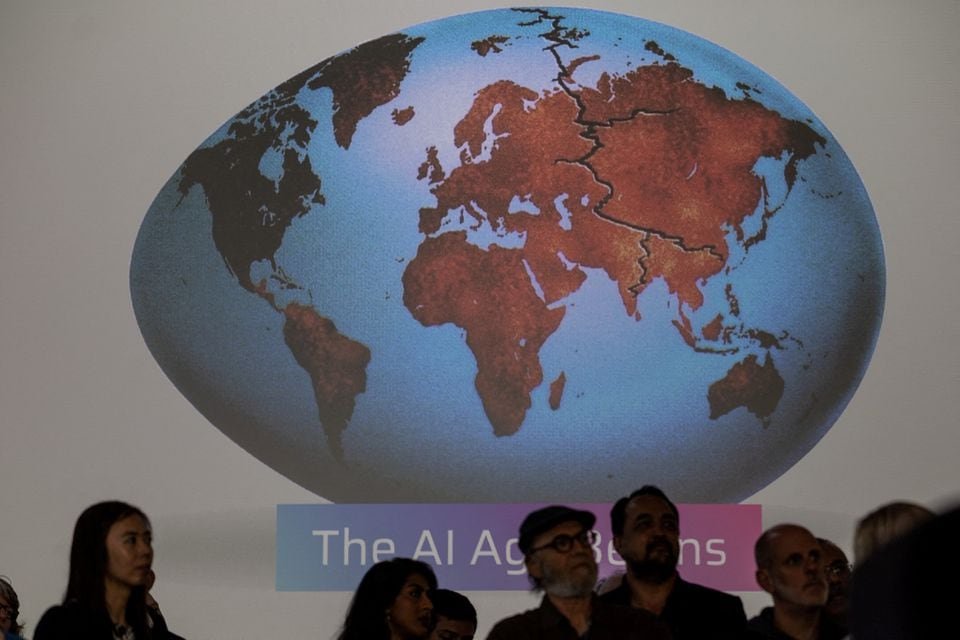Generative AI is a stumbling block in EU legislation talks. According to six individuals who spoke with Reuters, politicians in the European Union cannot reach a consensus on how to govern systems such as ChatGPT, which poses a danger to historic legislation that aims to keep artificial intelligence (AI) under control.
The ‘foundation models,’ also known as generative artificial intelligence, have emerged as the primary obstacle in the negotiations concerning the proposed Artificial Intelligence Act of the European Union, according to the sources, who declined to be identified because the discussions are confidential. The decisive discussions are scheduled to take place on Friday, and they are scheduled to take place before the final talks on December 6.
Foundational models, such as the one developed by OpenAI, which is supported by Microsoft (MSFT.O), are artificial intelligence systems that have been trained on big data sets and have the potential to learn from fresh data to carry out various tasks.
In June, the European Parliament finally adopted the law after a two-year process. Meetings involving members of the European Parliament, the Council, and the European Commission are required to reach a consensus on the proposed artificial intelligence regulations.
Experts from the nations that make up the European Union will get together on Friday to discuss their stances on foundation models, access to source codes, fines, and other matters. At the same time, MPs from the European Parliament will be assembling to finalize their position.
Due to the lack of time before the European legislative elections the following year, the act risks being shelved if they cannot reach a consensus.
Several experts and policymakers have advocated for a tiered approach to regulating foundation models with more than 45 million users. However, some individuals have stated that smaller models might be just as problematic.
Nevertheless, France, Germany, and Italy have presented the greatest obstacle to reaching a consensus. These countries favor allowing manufacturers of generative artificial intelligence models to self-regulate rather than having strict standards.
According to sources who spoke with Reuters, France successfully convinced Italy and Germany to back a plan during a meeting of the countries’ economic ministers on October 30 in Rome.
According to insiders, until that point, discussions had been proceeding unabatedly, with legislators reaching agreements in several other contentious areas, such as regulating high-risk artificial intelligence.
REGULATION OF ONESELF?
Several people have criticized self-regulation, including European legislators, EU Commissioner Thierry Breton, and a sizable number of AI academics.
In a letter published last week, scholars like Geoffrey Hinton expressed their concern that self-regulation is “likely to fall short of the standards required for foundation model safety.”
Mistral, an artificial intelligence business in France, and Aleph Alpha, a startup based in Germany, have both voiced their disapproval of the tiered approach to regulating foundation models, garnering backing from their respective nations.
A source close to Mistral has claimed that the company prefers strict regulations for goods rather than the technology on which it is based.
“The growing legal uncertainty is unhelpful to European industries,” said Kirsten Rulf, a partner and associate director at Boston Consulting Group. “Even though the concerned stakeholders are doing their best to keep negotiations on track,” she added.
She went on to say that European firms would like to make plans for the next year and that many of them would like clarity about the EU AI Act heading into 2024.
Sources told Reuters that other concerns still being discussed in the negotiations include the definition of artificial intelligence, the evaluation of its impact on basic rights, exceptions for law enforcement, and exceptions for national security.
The employment of artificial intelligence systems by law enforcement agencies for biometric identification of persons in publicly accessible locations has also been a contentious issue among lawmakers, and those lawmakers were unable to reach a consensus on some of these issues during a meeting on November 29.
Spain has suggested compromises, which is now holding the presidency of the European Union till the end of the year, to speed up the process.
The successor to Belgium’s president will have a few months to come up with a solution before it is most likely postponed to prepare for European elections.
Mark Brakel, director of policy at the Future of Life Institute, a nonprofit organization whose goal is to lessen the dangers that sophisticated artificial intelligence poses, said: “Had you asked me six or seven weeks ago, I would have said we are seeing compromises emerging on all the key issues.” This has now become a lot harder,” according to him.

















































